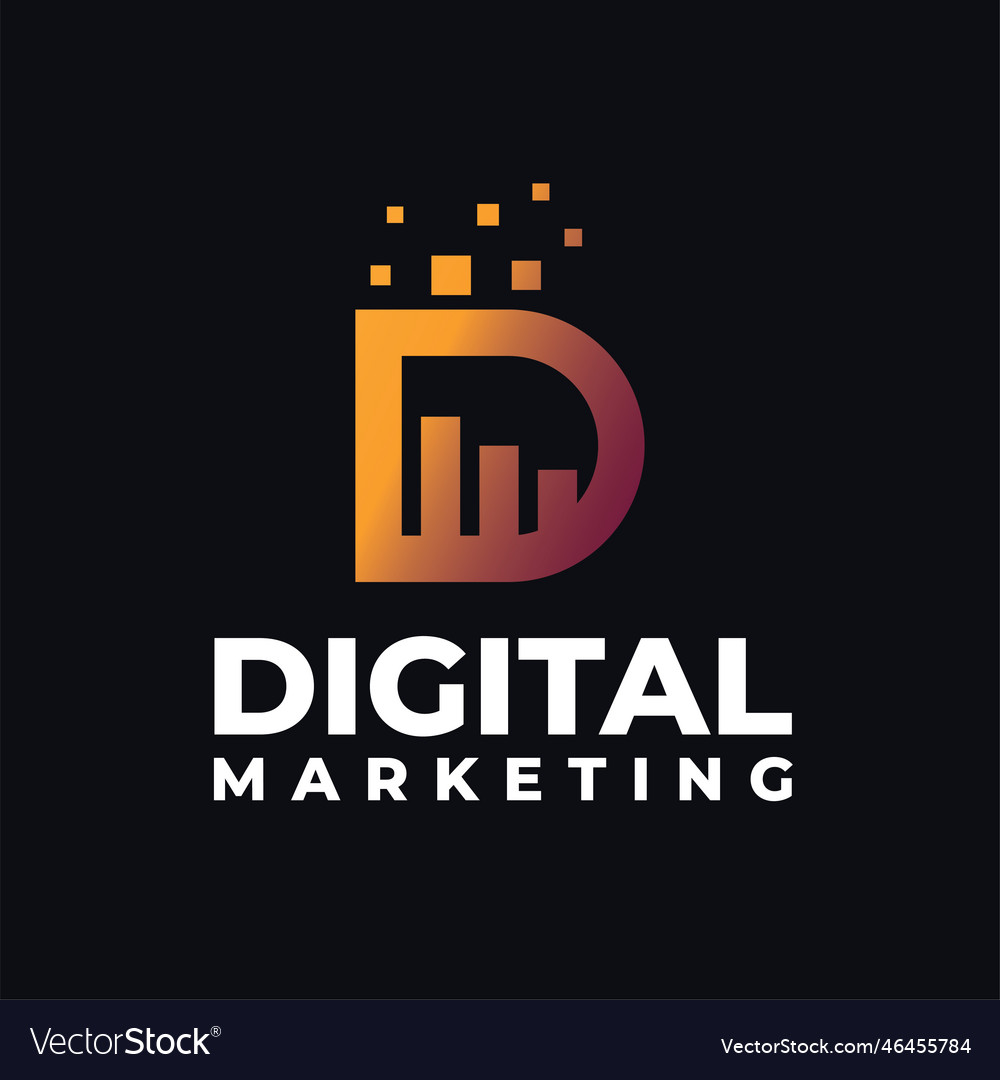Digital Marketing
Digital marketing encompasses a broad range of activities aimed at promoting products or services using digital channels. In today's interconnected world, where people spend a significant amount of time online, digital marketing has become essential for businesses to reach their target audiences effectively. This form of marketing leverages various digital platforms and technologies to connect with potential customers, build brand awareness, drive website traffic, and ultimately increase sales or conversions.
Here are some key components and strategies within digital marketing:
1. Search Engine Optimization (SEO):
SEO involves optimizing a website's content and structure to improve its visibility in search engine results. This includes keyword research, on-page optimization (such as meta tags, headings, and content optimization), off-page optimization (backlink building, social media signals), and technical SEO (site speed, mobile-friendliness, etc.). The goal is to rank higher in search engine results pages (SERPs) for relevant keywords, thus driving organic (non-paid) traffic to the website.
2. Content Marketing:
Content marketing focuses on creating valuable, relevant, and consistent content to attract and engage a target audience. This content can take various forms, including blog posts, articles, videos, infographics, podcasts, and more. By providing useful information or entertainment, businesses can establish themselves as authorities in their industry, build trust with their audience, and ultimately drive conversions.
3. Social Media Marketing:
Social media platforms like Facebook, Instagram, Twitter, LinkedIn, and others provide powerful channels for businesses to engage with their audience, share content, and promote products or services. Social media marketing involves creating and sharing content tailored to each platform, interacting with followers, running paid advertising campaigns, and analyzing metrics to optimize performance.
4. Email Marketing:
Email marketing remains one of the most effective digital marketing channels for nurturing leads and retaining customers. Businesses can use email to send newsletters, promotional offers, product updates, and personalized messages to their subscribers. With the right segmentation and targeting, email marketing can drive conversions and generate repeat business.
5. Pay-Per-Click Advertising (PPC):
PPC advertising allows businesses to bid for ad placement on search engines and other digital platforms. The advertiser pays a fee each time their ad is clicked. Platforms like Google Ads and social media advertising platforms offer sophisticated targeting options, allowing businesses to reach their ideal audience based on demographics, interests, and online behavior.
6. Influencer Marketing:
Influencer marketing involves partnering with individuals or organizations with a large and engaged following on social media or other digital platforms. These influencers promote products or services to their audience, often in a more authentic and relatable way than traditional advertising. Finding the right influencers whose audience aligns with the brand's target demographic can result in increased brand visibility and credibility.
7. Analytics and Data Analysis:
A crucial aspect of digital marketing is measuring and analyzing the performance of campaigns. By tracking key metrics such as website traffic, engagement, conversion rates, and return on investment (ROI), businesses can gain insights into what's working and what's not, allowing them to refine their strategies for better results.
In conclusion, digital marketing offers businesses a multitude of opportunities to connect with their target audience, increase brand awareness, and drive sales or conversions. By leveraging the diverse range of digital channels and employing strategic approaches, businesses can effectively navigate the digital landscape and achieve their marketing objectives.

